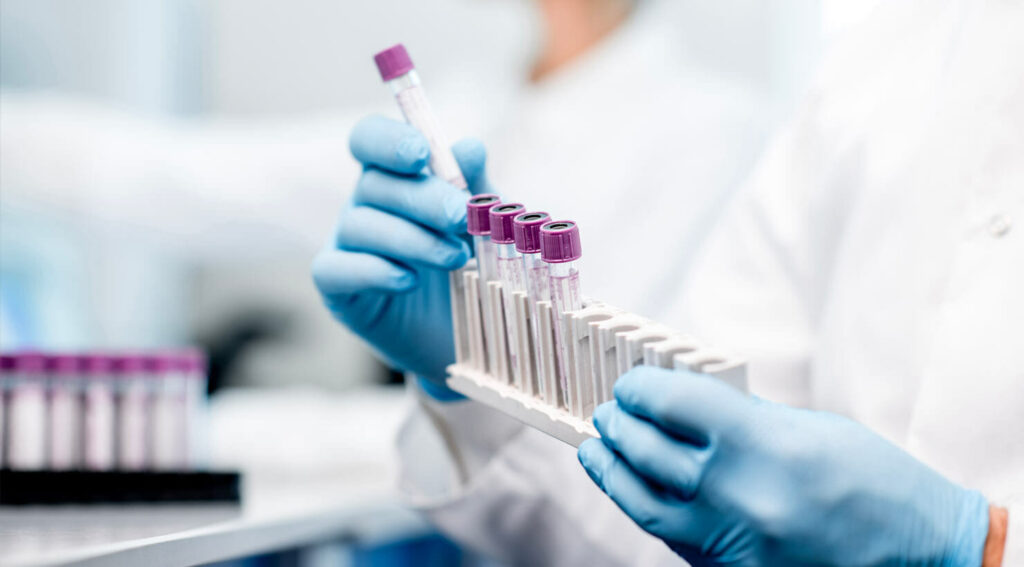
Hormones are the body’s chemical messengers, orchestrating a myriad of physiological processes that are essential for maintaining health and homeostasis. From regulating metabolism and growth to influencing mood and reproductive functions, hormones play a pivotal role in our overall well-being. When hormonal imbalances occur, they can lead to a range of health issues, necessitating accurate assessment and diagnosis. This is where hormone testing comes into play, and medical laboratories are at the forefront of this critical diagnostic field. By leveraging advanced technologies and methodologies, these laboratories provide invaluable insights into endocrine health, enabling clinicians to develop targeted treatment plans that restore hormonal balance and enhance patient outcomes.
Hormone testing involves the measurement of specific hormones in bodily fluids such as blood, urine, or saliva. The choice of sample type and testing method depends on the hormone being analyzed and the clinical context. Blood tests are the most common and provide a comprehensive overview of hormone levels in the body. Techniques such as immunoassays, including enzyme-linked immunosorbent assays (ELISA) and radioimmunoassays (RIA), are widely used for their sensitivity and specificity.
Medical laboratories employ a range of sophisticated technologies to ensure the accuracy and reliability of hormone tests. Mass spectrometry, for example, is a powerful tool that allows for the precise quantification of hormones with high specificity. This technique is particularly useful for measuring hormones present in low concentrations or those with similar structures, such as steroid hormones. By integrating advanced analytical techniques with stringent quality control measures, laboratories can provide clinicians with reliable data that informs the diagnosis and management of endocrine disorders.
Hormone tests are essential for diagnosing a variety of endocrine disorders and assessing overall endocrine health. Thyroid function tests, for instance, measure levels of thyroid hormones such as thyroxine (T4) and triiodothyronine (T3), as well as thyroid-stimulating hormone (TSH). These tests help identify conditions like hypothyroidism and hyperthyroidism, which can significantly impact metabolism and energy levels. Medical laboratories also conduct tests to assess adrenal function by measuring cortisol levels, which are crucial for understanding stress response and adrenal health.
Reproductive hormone testing is another critical area within endocrine health. Tests that measure levels of estrogen, progesterone, and testosterone are vital for diagnosing reproductive disorders and managing conditions such as polycystic ovary syndrome (PCOS), infertility, and menopause. Additionally, hormone tests can evaluate pituitary function by measuring hormones like growth hormone (GH) and prolactin, providing insights into disorders that affect growth and lactation. By offering a comprehensive array of hormone tests, medical laboratories play a crucial role in identifying and managing endocrine disorders, ultimately improving patient health and quality of life.

The interpretation of hormone test results requires a nuanced understanding of endocrine physiology and the clinical context. Medical laboratories provide detailed reports that include hormone levels, reference ranges, and interpretive comments to guide clinicians in their decision-making. Abnormal hormone levels can indicate a variety of conditions, from hormonal deficiencies and excesses to more complex endocrine disorders. For instance, elevated cortisol levels might suggest Cushing’s syndrome, while low levels could indicate Addison’s disease. Accurate interpretation of these results is essential for developing effective treatment strategies.
Once a hormonal imbalance is identified, clinicians can tailor treatment plans to address the underlying cause and restore hormonal equilibrium. Treatment options may include hormone replacement therapy, medications to regulate hormone production, lifestyle modifications, and dietary interventions. For example, thyroid hormone replacement therapy is commonly used to treat hypothyroidism, while medications like metformin and oral contraceptives may be prescribed to manage PCOS. Medical laboratories continue to support this process by monitoring hormone levels over time, ensuring that treatment is effective, and making adjustments as needed to optimize patient outcomes.
Hormone testing is a cornerstone of endocrine health assessment, providing critical insights into the complex interplay of hormones that regulate bodily functions. Medical laboratories play an indispensable role in this field, employing advanced technologies and methodologies to deliver accurate and reliable hormone measurements. By enabling the diagnosis and management of endocrine disorders, hormone testing helps clinicians develop personalized treatment plans that restore hormonal balance and improve patient well-being.